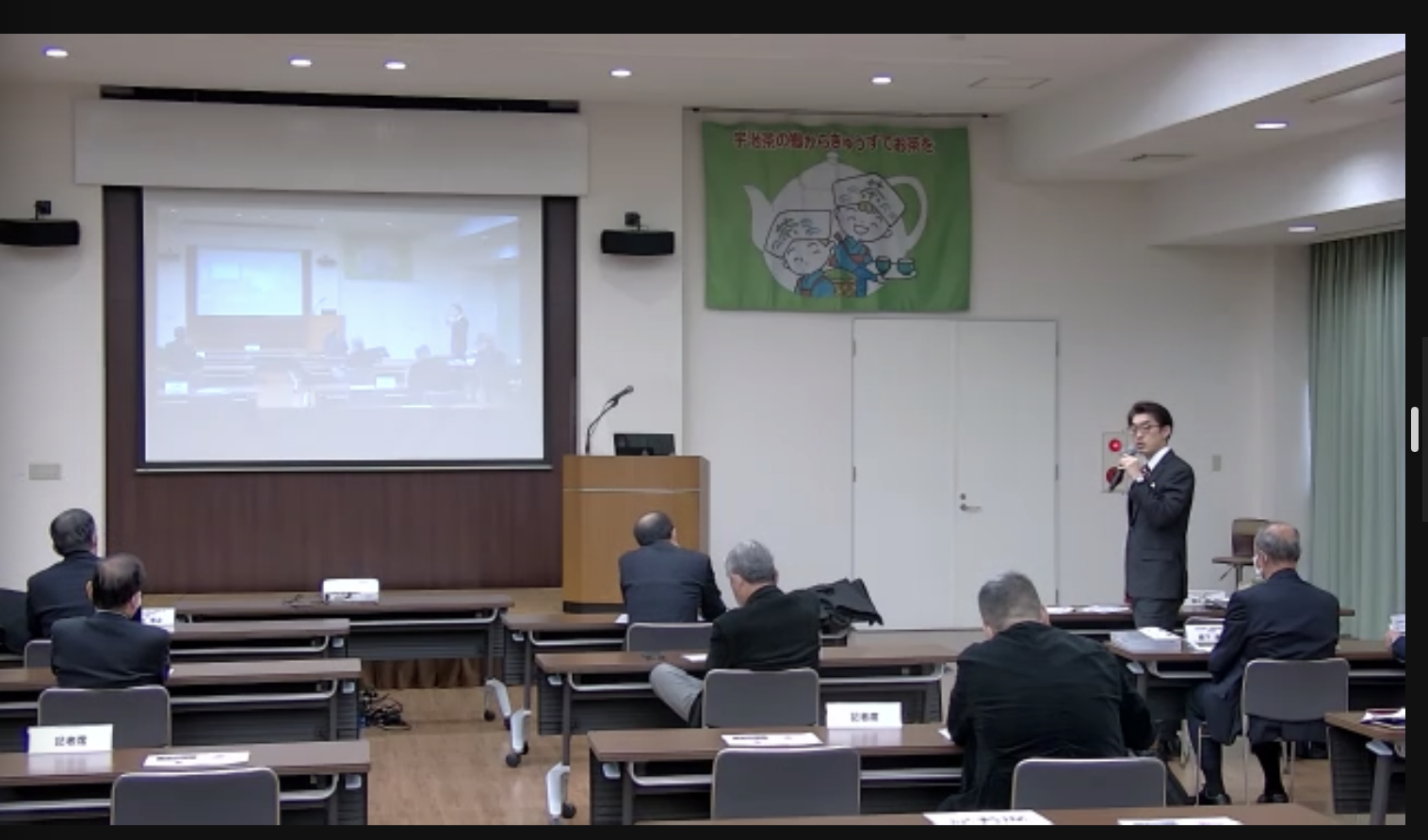In the years of the pandemic the topics of health have been on the minds of many. Last year Kyoto Prefecture held a Green Tea and Health Symposium. As a continuation, this year another seminar called ‘Discovering New Attraction of Matcha’ was organized in Kyoto and the focus was primarily on the health properties too.
During the seminar held on the 22nd of March, 4 professors and lecturers from 3 Kyoto universities talked about their research with Japanese green tea and presented their findings.
Masahide Hamaguchi from the Kyoto Prefectural University of Medicine, explained that animal studies with mice have shown that matcha consumption helps to regulate gut microbiota and in turn helps to improve artery condition. The next objective was to test whether similar effects can be recorded in humans and whether matcha grade has an impact as well. The human study in Japan in underdway and early findings do show a positive effect on gut microbiota and reduction in blood pressure.
There is a famous saying that a human is as old as his arteries. Therefore, preserving or improving artery condition, may extend human life. Japanese green tea is also known to have an anti-aging effect due to the presence of several polyamines. Prof. Satoaki Matoba from the Kyoto Prefectural University of Medicine has carried out a human study to analyze the effect of matcha on preventing vascular aging and arteriosclerosis. The study was done with 60 Japanese woman between the ages of 40 and 80, half of which were instructed to consume higher grade matcha and the other half lower grade matcha for 3 months. Results indicate increase of the good cholesterol and decrease of the bad cholesterol, especially in those who consumed higher grade matcha. There was noticeable improvement in the skin condition too.
Knowing the positive effects of various tea components, the obvious question becomes how to increase their quantity. In regards to spermidine, a kind of polyamine which has anti-aging properties, prof. Hideyuki Suzuki from Kyoto Institute of technology may have an answer. His research has shown that another component called arginine can be transformed to spermidine in the presence of the lactic bacteria. Knowing that tencha stems have a large quantity of arginine and he has proposed the use of these stems in the creation of spermidine.
Prof. Chuo Kubo from Kyoto Prefectural University, highlighted the importance of the ability to analyze tea properties at the genetic level, especially when developing new cultivars to enhance the desired properties. Previously researchers needed to wait several years from planting seeds to tea plant maturity to be able to evaluate their qualities, but now using the genetic analysis tools they can do it much faster, which can significantly speed up the developments in the tea industry.
All in all this was a very insightful seminar on the current research topics focused on Japanese tea. We hope to continue learning through the future seminars.

